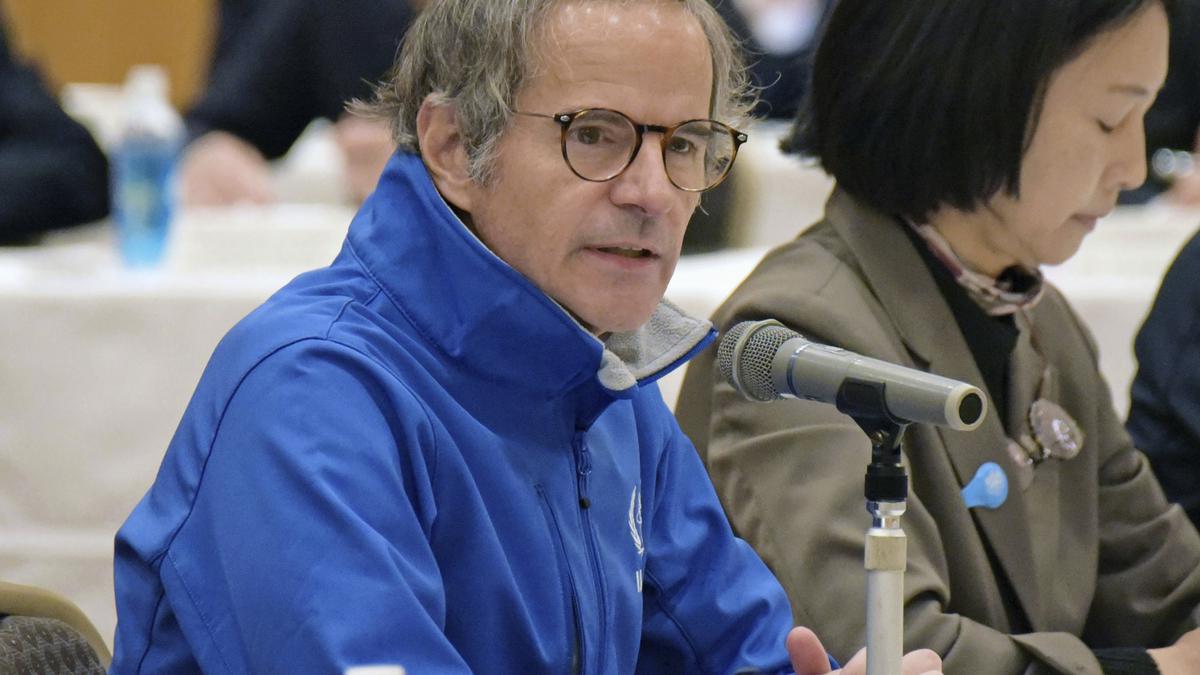
Transparency is ‘very important’: IAEA chief tells Japan during visit to examine Fukushima wastewater release
The Hindu
IAEA Director-General emphasizes transparency in Fukushima wastewater discharge, supports Japan's nuclear capacity, and offers technical assistance.
The head of the U.N. atomic agency on March 12 emphasised to Japan's government the importance of transparency in its ongoing discharges of treated radioactive wastewater at the ruined Fukushima Daiichi nuclear power plant.
International Atomic Energy Agency (IAEA) Director-General Rafael Grossi also expressed support for increasing Japan's nuclear capacity as the country looks to it as a stable, clean source of power.
Mr. Grossi is in Japan for the first time since releases of the treated water began in August. His visit comes one day after Japan marked 13 years since the March 11 earthquake and tsunami triggered the Fukushima disaster.
Also read: Explained | The Fukushima N-wastewater controversy
The 2011 disaster damaged the Fukushima plant's power supply and reactor cooling functions, triggering triple meltdowns and causing large amounts of radioactive wastewater to accumulate. After more than a decade of cleanup work, the plant began discharging the water after treating it and diluting it with large amounts of seawater on August 24, starting a process that's expected to take decades.
The discharges have been opposed by fishing groups and neighbouring countries including China, which banned all imports of Japanese seafood immediately after the release began. Japan has sought the IAEA's help with safety monitoring and evaluation to allay concerns.
Mr. Grossi will examine the discharge and sampling facility on March 13 after meeting with the local residents. He last visited the plant in July after issuing an IAEA review predicting only negligible impact from the discharges. The IAEA comprehensive report later concluded that the discharges have satisfied international safety standards.

LGBTQ+ couples in Thailand register their marriages on the first day of law giving them equal status
Thailand legalizes same-sex marriage, granting LGBTQ+ couples equal rights and recognition, marking a historic milestone in Asia.

















